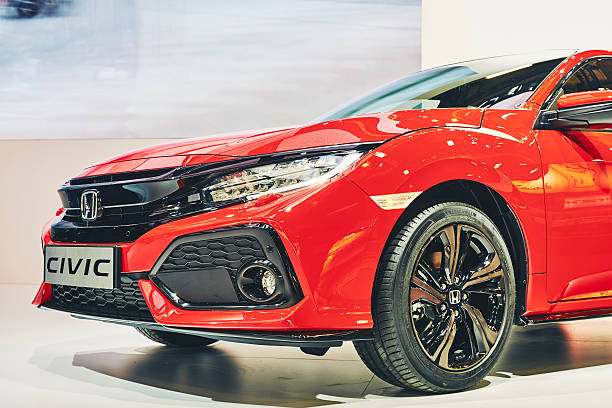Buying a vehicle is a major purchase that requires careful financial planning to ensure it is within your means. This budget guide covers a lot, including how to understand your finances, where to look for cheap cars, financing options and more.
1. Important to control over your money
Better understand your financial situation before buying a car. Calculate your monthly income, expenses and savings. To avoid going into debt, use this self-assessment to set a reasonable budget for your vehicle purchase.
2. Research affordable vehicle options
Research different car models with a specific budget in mind. Don’t just consider the sticker price, but also the fuel economy, maintenance costs and potential resale value. This research phase is crucial to finding a vehicle that fits your budget.
3. Financing options
Once you’ve narrowed down your choices, it’s time to explore financing options. Before you decide to buy or rent, consider the pros and cons of each option. Before you make a decision, take the time to understand how interest rates will impact your overall expenses.
Non-obvious costs
The price tag isn’t the only thing you should consider when setting a budget. When budgeting, consider things like registration fees, insurance and taxes. If these costs are not taken into account, financial surprises may arise in the long term. Create a careful budget to ensure you have a complete financial plan.
Negotiation skills
By negotiating smartly you can influence the total amount of your car purchase. You should feel comfortable expressing your financial constraints and be willing to research reasonable market prices. If you can negotiate well, you can save a lot of money.
4. Explore the used car market
Buying a used car should not be overlooked. A great way to save money is to buy a used car instead of a new one. For added assurance, check out certified pre-owned options and compare the reliability of different models.
5. Future expenses into account
It’s just as important to consider the cost of ownership over time as the purchase price itself. While some vehicles may be more expensive initially, they can be cheaper to maintain in the long run. A complete financial picture must also take into account the sales value.
6. House maintenance
Simple DIY projects can reduce maintenance costs. You can save money in the long run by learning the basics of repairing your car. Routine maintenance on your car, such as changing the oil and air filter, can save you a lot of money in the long run.
7. Rewards and discounts
Find out if the dealer or manufacturer offers rebates or incentives. These can take many forms, including discounts or cashback deals aimed at certain groups of people. Understanding these incentives can significantly reduce the overall cost of your car purchase.
8. Advice on how to save costs
Saving enough money to buy a car requires self-control and preparation. You may consider opening a special savings account to reduce unnecessary expenses and find other ways to earn money. If you want to buy a cheap car, you need to save as much money as possible.
9. Test drive is important
Take some time for a test drive before making your final decision. Pay attention to the vehicle’s handling, comfort and performance. Check whether it meets your requirements and taste. To ensure that the car you choose is suitable for your needs, a test drive is a must.
Stay away from hasty purchases
In the excitement of buying a new car, impulse buying is common. Never make a hasty decision without careful consideration. Avoid overspending and place long-term financial security above immediate needs.
10. Expert advice
If you feel overwhelmed by the idea of buying a car, it may be helpful to consult a financial advisor. To help you make informed decisions, these experts can tailor your advice to your unique financial situation and goals.
FAQs
1. How to budget for a vehicle?
Now take stock of your income, expenses and savings.
2. Why is it important to negotiate the price?
By bargaining, you can get a better deal and even save money on your car purchase.
3. Are used cars a good option for people on a budget?
In fact, used cars are often cheaper and better value for money than brand new cars.
4. How do I save money to buy a car?
Set up a savings account for yourself, start cutting unnecessary expenses and look for other ways to make money.
5. Are the costs of carrying out maintenance work yourself justified?
You can save money on car repairs in the long run if you know how to do the basics.
Conclusion
Mastering the budget for an affordable car purchase requires a combination of financial acumen, thorough research and thoughtful decision-making. By understanding your finances, exploring your options wisely and applying smart budgeting practices, you can navigate the car market with confidence



